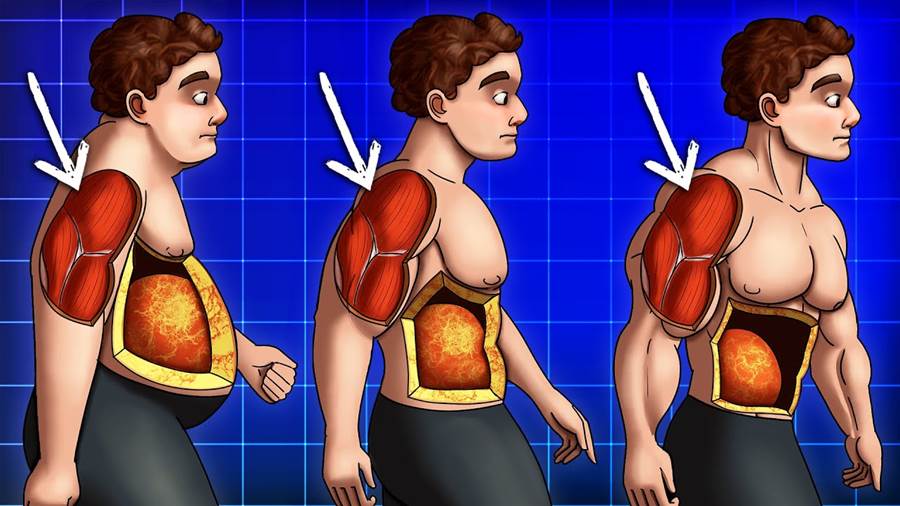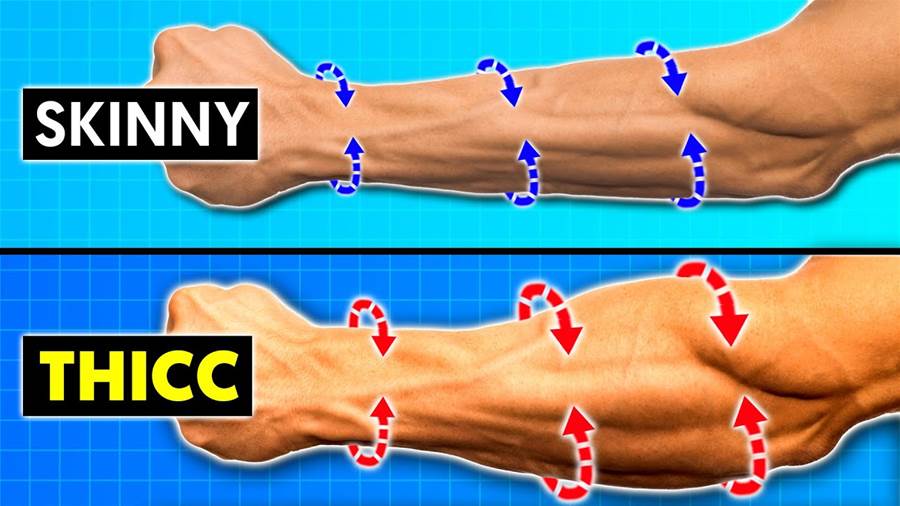
Fasting has gained popularity as a strategy for burning fat, preserving muscle, and improving body composition. However, despite its benefits, many misconceptions about fasting can lead to adverse effects if not properly understood. Whether you're an experienced faster or new to the practice, here are eight essential things you might not know about fasting, especially if you’re considering it as part of your fitness regimen.

1. Misleading Studies on Fasting Risks
Recent studies, such as one claiming intermittent fasting increases heart attack risk by 91%, have made headlines. However, this study's credibility is questionable. Out of 20,000 participants, only 414 were practicing intermittent fasting, compared to over 11,000 on a standard diet. This small sample size undermines the study’s statistical significance. Moreover, 27% of fasting participants were smokers, significantly more than non-fasters, skewing the results since smokers are at a higher risk of heart disease.
Observational studies, which rely on self-reported data, often lack accuracy. Contrarily, most research on fasting indicates improved health markers and longevity.
2. Hunger Perception Changes
Fasting can alter your hunger perception, which is crucial for maintaining your fasting regimen. If you’ve been accustomed to regular meals, skipping them can cause intense hunger pangs that may seem overwhelming.
The article is not finished. Click on the next page to continue.
The article is not finished. Click on the next page to continue.
Next page


















